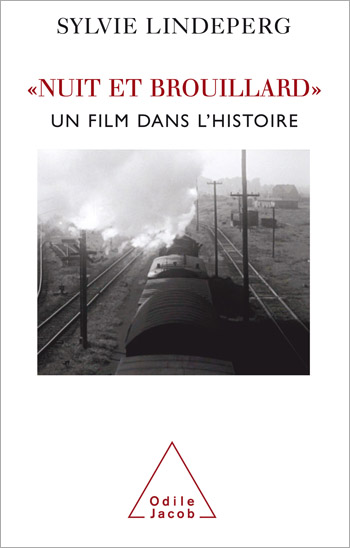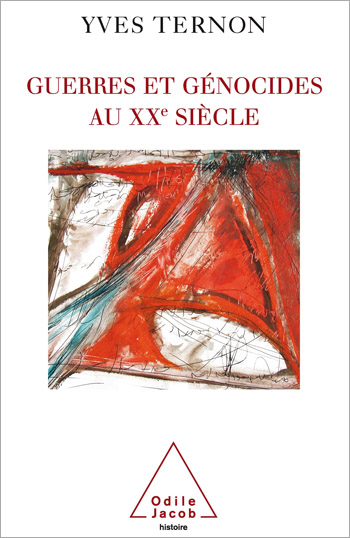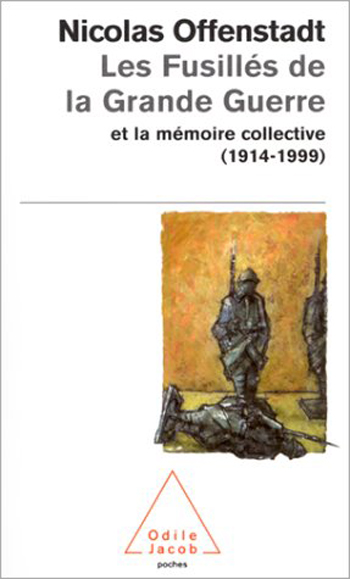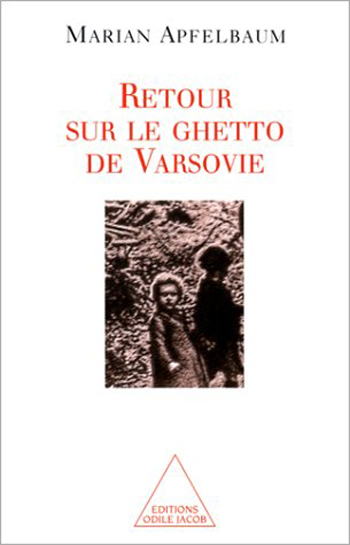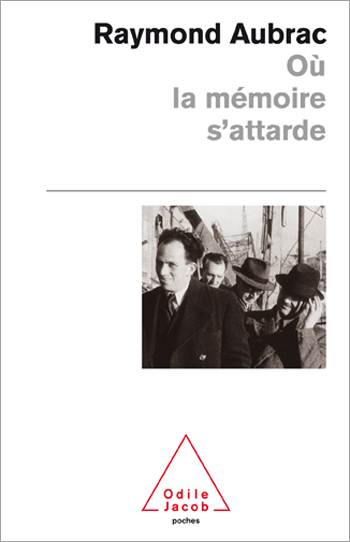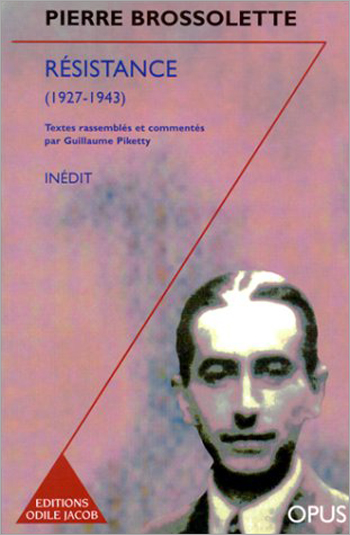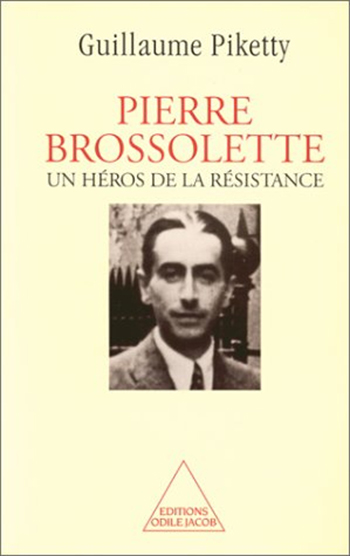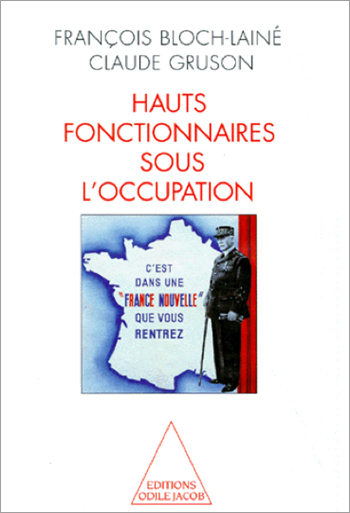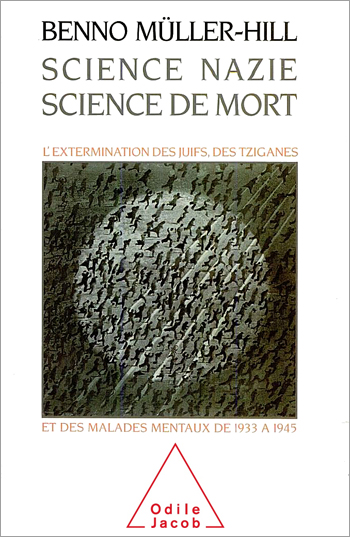World Wars All books
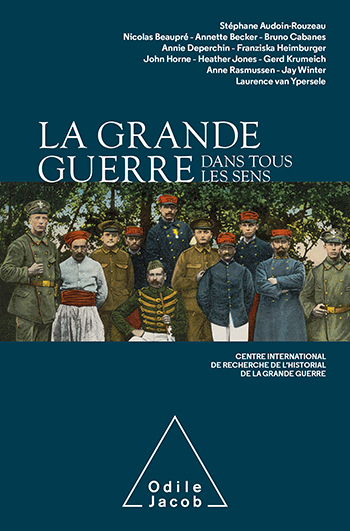
Centre International de Recherche de l’Historial de la Grande Guerre
The Great War in Every Direction
Topics on a human scale, which reveal the face of the war as presented to those who fought and those who lived through it.
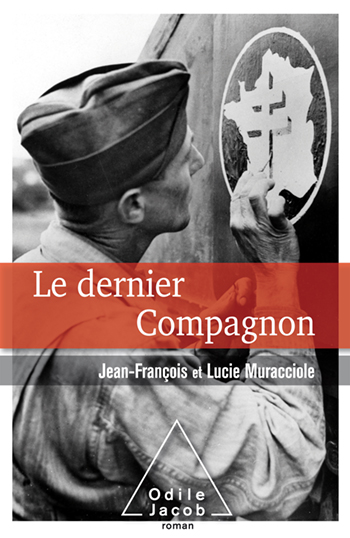
Jean-François Muracciole , Lucie Muracciole
The True Novel of the Free French People Another way of reading and understanding history
A gallery of portraits of the men who decided to join the Resistance and follow de Gaulle, who at the time was completely unknown. Fictional history and Great History come together to weave a surprising tale of the Resistance.
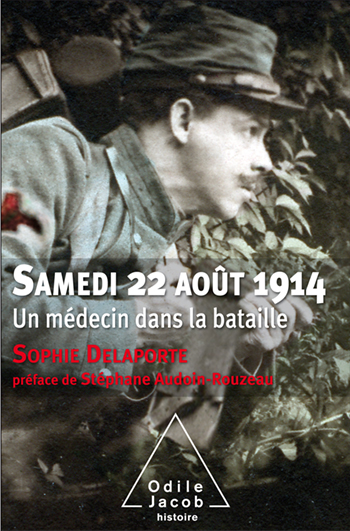
Sophie Delaporte
Saturday 22 August 1914 A Doctor at War
The bloodiest day in France’s history as it was lived by a doctor in the Great War
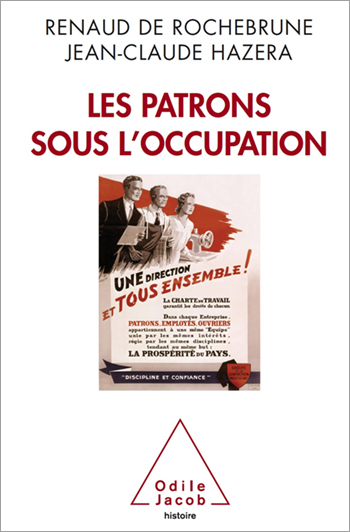
Renaud de Rochebrune, Jean-Claude Hazera
Business Leaders During the Occupation
How were Jewish companies altered to become Aryan ones and what was the role of French administration? Who did illegal profits and how?A fascinating document written by two journalists.
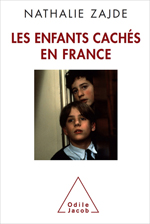
Nathalie Zajde
The Hidden Children In France
How did the Jewish children who hid and survived the Holocaust succeed in developing their unique strength and their love of life?
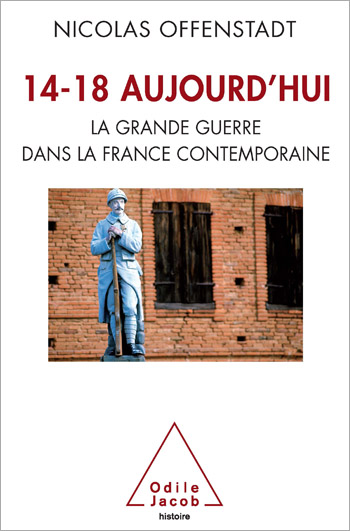
Nicolas Offenstadt
1914-18 Today The Great War in Contemporary France
A complete history of the “memory” of the Great War in the contemporary mind
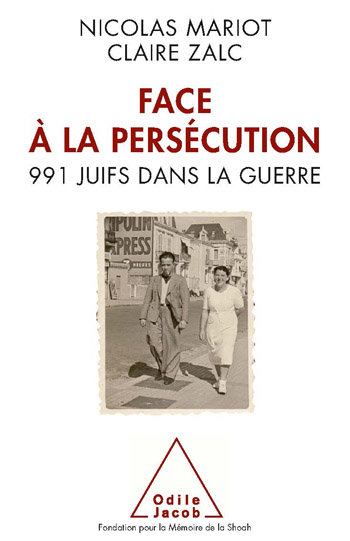
Nicolas Mariot, Claire Zalc
Faced with persecution The Destruction of the Jews of Lens, 1940-1945
The history of the Holocaust in France, seen from an entirely new angle. This book does not simply describe the numerous possible attitudes: it aims to explain them.
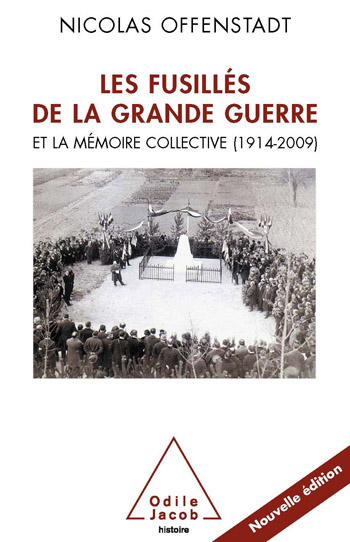
Nicolas Offenstadt
Soldiers Executed during World War I
Why were some soldiers tried and executed by their own national military authorities during World War I?
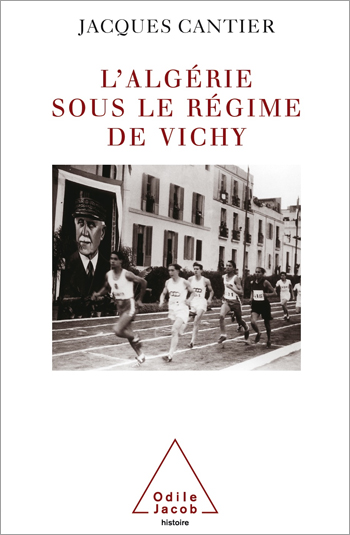
Jacques Cantier
Algeria Under the Vichy Regime
On 25 June 1940, both the Franco-German and Franco-Italian Armistice came into effect. In Algeria, appeals to carry on the struggle in Frances colonial empire no longer served any purpose. The Vichy regime, which came into existence following the parliamentary vote of 10 July 1940, was thus able to extend its rule over Algeria. Claiming to be at the head of a National Revolution which would create a new Man and fight against the forces of Anti-France, the Vichy government was able to flourish until the Anglo-American landings in North Africa in 1942. The author has given us a thorough review of this little-known period. This is not just a historical parenthesis as the study of the consequences of the National Revolution in Frances colonies casts a new light on the discussion about the nature and actions of the Vichy regime. It also illuminates a frequently concealed stage in the development of colonial society, which had had to confront a growing number of internal difficulties since the 1930s. Jacques Cantier is a lecturer at the University of Toulouse-Le-Mirail.
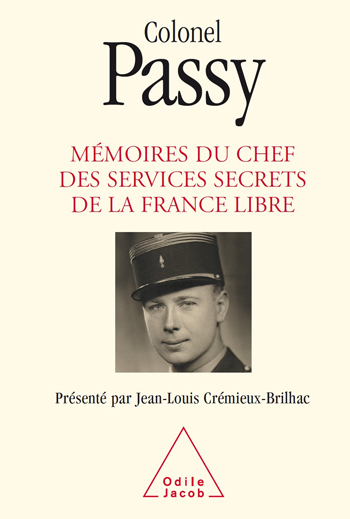
Colonel Passy
Colonel Passy Memoirs of the Chief of the Secret Services of a Liberated France
These two volumes constitute a new edition of Colonel Passys memoirs, which were first published by Plon in a three-volune limited edition (Deuxième Bureau-Londres; 10 Duke Street-Londres; Missions Secrètes en France). The new edition has been presented and annotated by historian Jean-Louis Crémieux-Brilhac, a specialist in the period. André Dewawrin, alias Colonel Passy, headed the Bureau de Contre-espionnage, de Renseignement et dAction (BCRA) of the Free French in London, from 1940 to 1944. He became General Koenigs chief of staff, in 1944. A former student at the prestigious Ecole Polytechnique, he headed the department of research and study for the French Ministry of Defence after the war.

Nicolas Offenstadt
Shot at Dawn : The Executed of the Great War And the Collective Memory (1914-1999)
Why were some soldiers tried and executed by their own military authorities during World War I? Using previously unpublished source material, the author has been able to throw light on one of the most sombre episodes of the Great War. Besides reviewing the history of the events themselves, the author also examines the struggle with the military authorities to clear the soldiers names, beginning in the period between the two world wars. By the 1960s, the public image of the executed soldiers had begun to change. It would culminate in the British campaign to grant them an official pardon and in the French decision to remember them a ceremony. How, he asks, did these changes come about? Nicolas Offenstadt is a graduate of the Institut des Etudes Politiques, in Paris. He holds an agrégation in history and is a member of the Thiers Foundation.
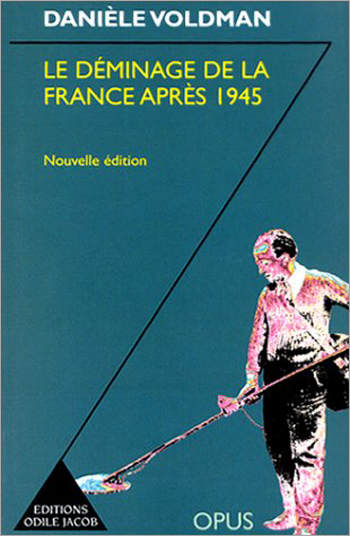
Danièle Voldman
The Mine Clearance of France after 1945
At the liberation of France, the country was covered in mines, planted by the Germans, the Allies and the Resistance during the conflict. The population were fearful of resuming normal life in the face of this danger: France had to remove the mines. Thus in 1945, mine clearance was invented, as before then no-one had any idea how to defuse these weapons of death! Who would be given the heavy responsibility of leading this task ? What did it involve ? What role did the German prisonners of war play ? Danièle Voldman, a historian, is the research director of the CNRS (Institute of Contemporary History).
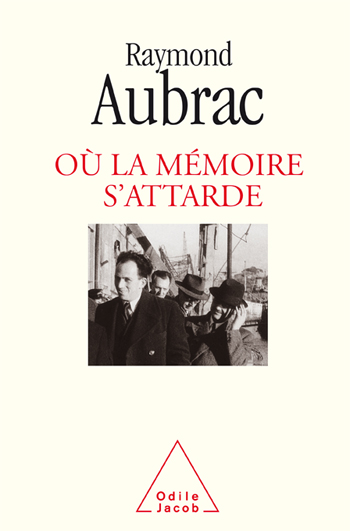
Raymond Aubrac
Where the memory lingers
Discreet by nature and secretive by necessity, Raymond Aubrac has been closely involved in more than half a century of history, in France and abroad. Within France, he is one of the great figures of the Resistance, and is one of the last survivors of the meeting at Caluire, on June 21st 1943, in the course of which Jean Moulin was arrested. A confidant of Ho Chi Minh, Raymond Aubrac also played a central role in the secret negotiations which accompanied the Vietnam war. In this book he gives a new, personal account of these events and others, including his meeting with de Gaulle, his role in the reconstruction of France, and his work at the heart of the UN.
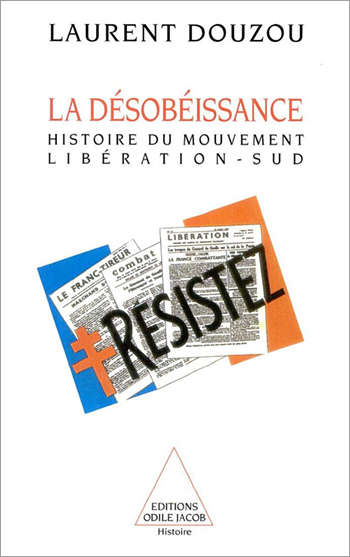
Laurent Douzou
Disobedience History of the Liberation Movement
Not everybody in the world become a Pétainist after the debacle and not all the resistance movements were infiltrated by communists working for the benefit of Moscow. Drawing upon numerous archives, Laurent Dazou explains why several men and women as diverse as a freewheeling navy officer, a normalien philosopher obsessed with maths, a young militant communist from the Latin Quarter and a founding banker from an anti-Semetic league, refused to crack under pressure, joining the ranks of disenchantment, and learning to resist by organizing themselves to fight and to blaze the trail of disobedience. Laurent Douzou is a specialist in the history of the Resistance.
Results : 1 to 26 from 26 books

